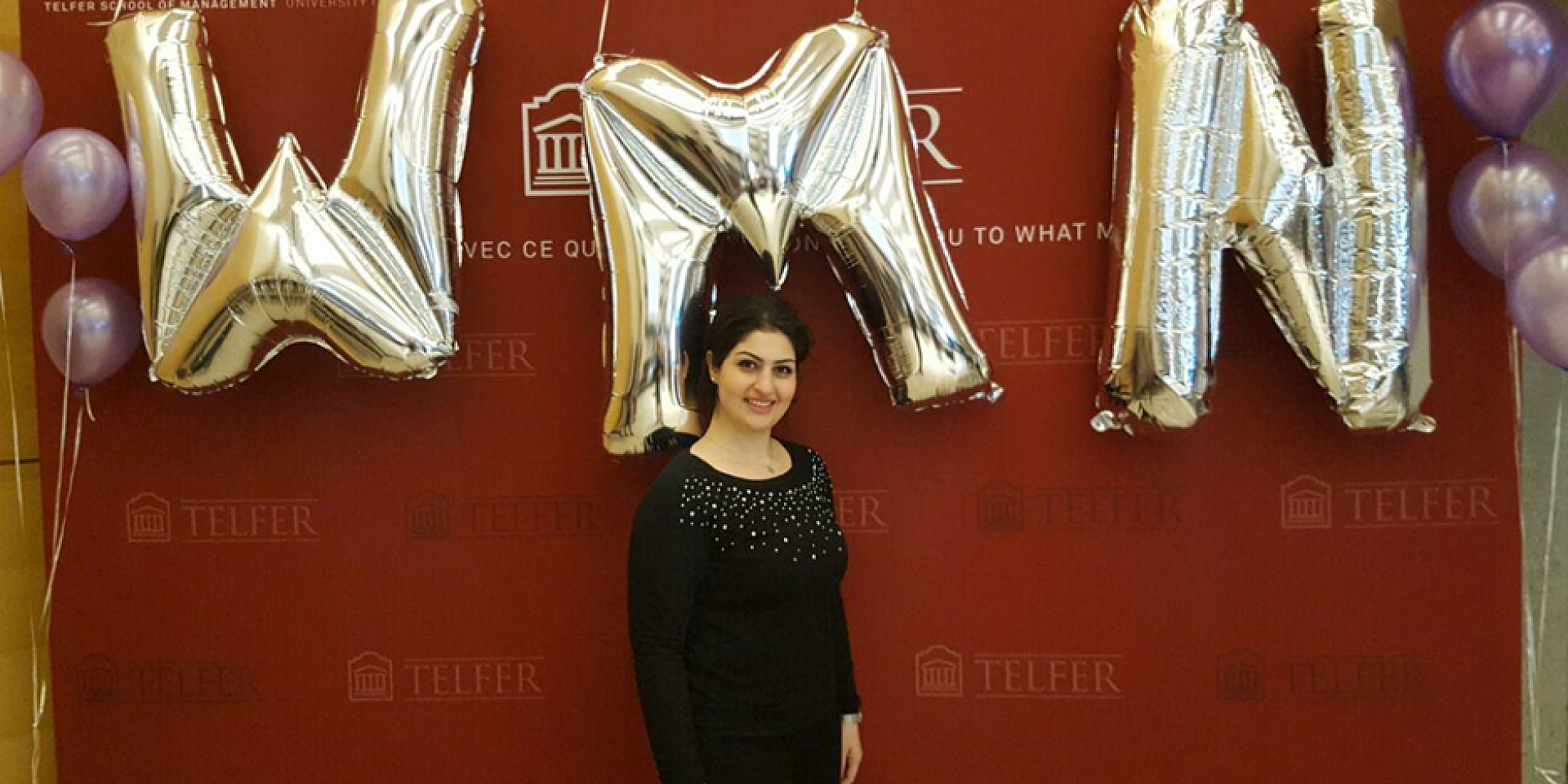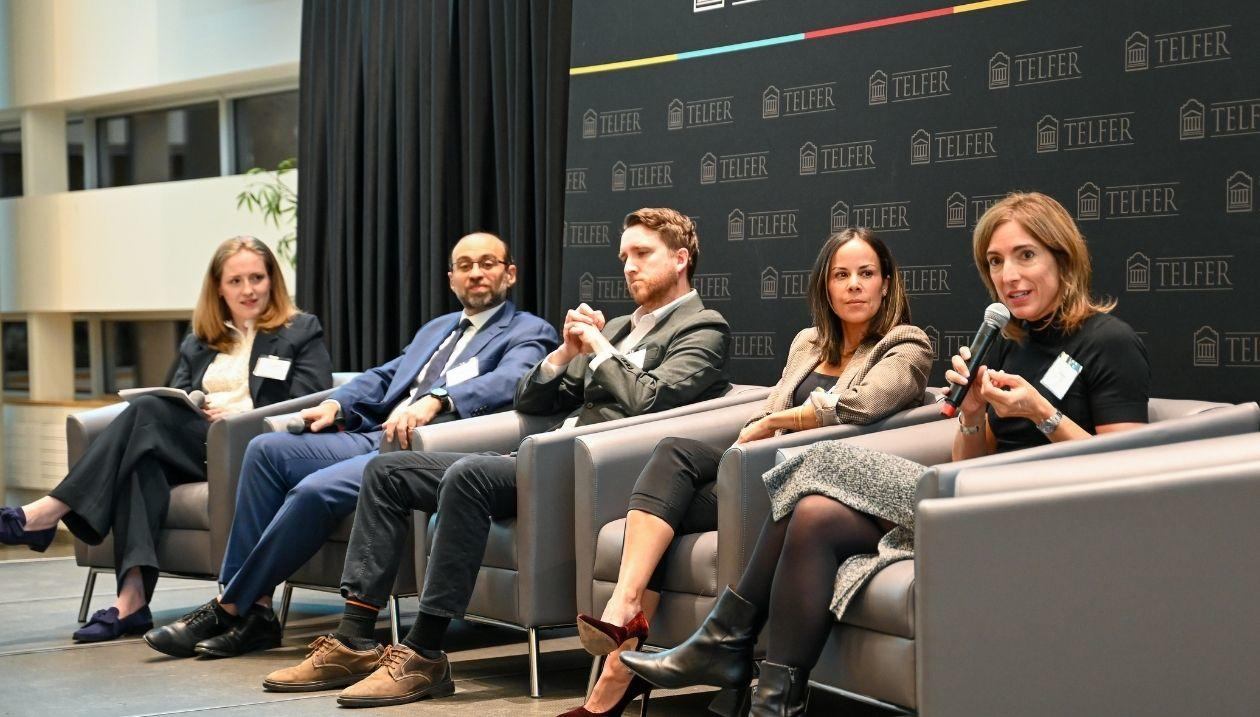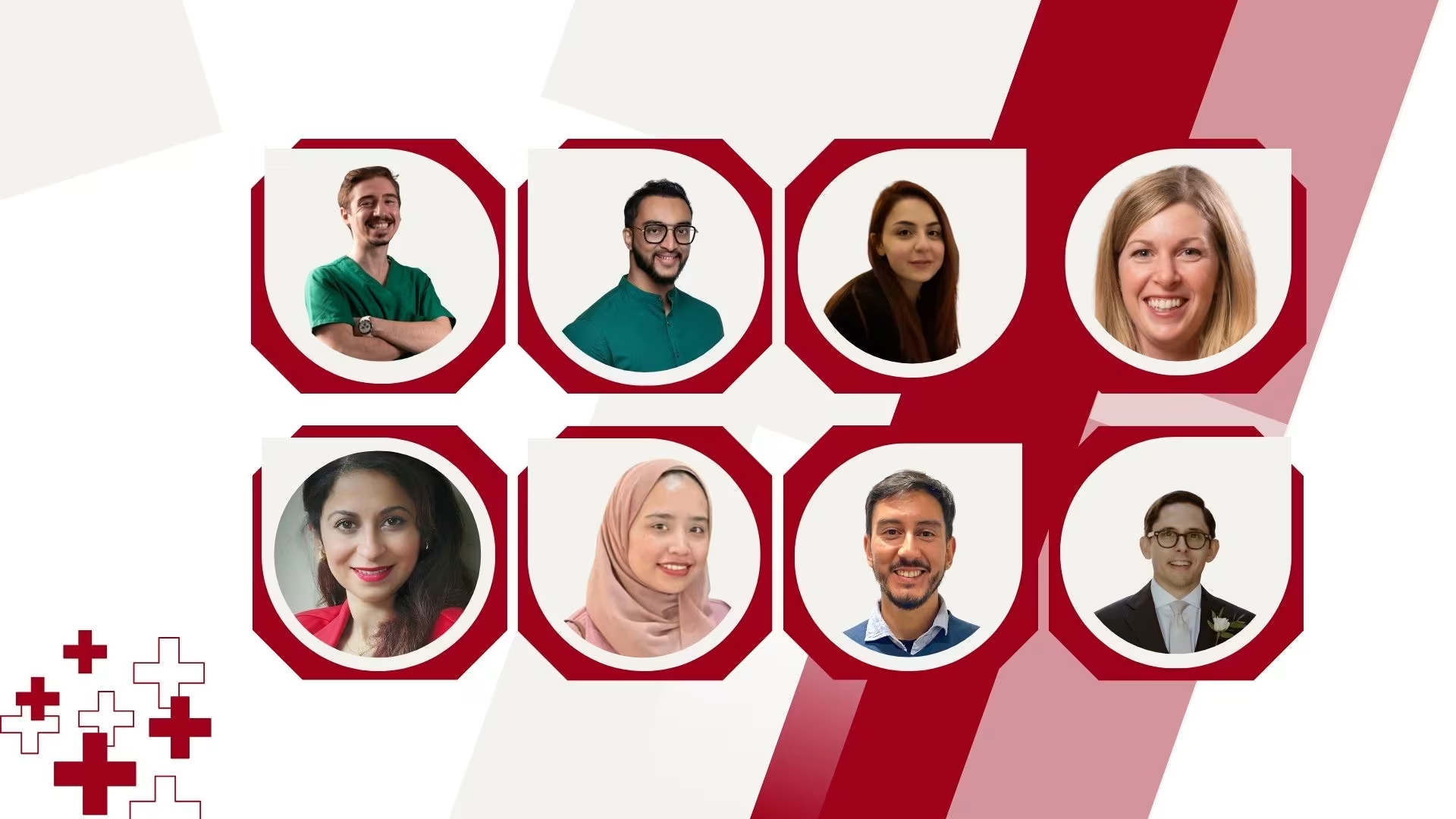Elmira Mirbahaeddin joined the PhD in Management program at Telfer in 2017, after completing her master’s in executive management (urban affairs) and bachelor’s in health-care management in Iran. She also holds project management professional certification. She is working under the supervision of Professor Samia Chreim, specializing in health systems.
We interviewed Elmira to learn more about her research interests in mental health care and the role of peer support workers (PSWs). A PSW — not to be confused with a personal support worker — is someone who has a lived experience of an issue (e.g., homelessness, addiction or mental health) and provides help and recovery-oriented services to others experiencing the same issue.
Why did you choose to study health systems at Telfer?
I started my doctoral studies in the health systems specialization to build on my previous academic background and professional experiences in health workforce policy. I aimed to incept meaningful research after my immigration to Canada that would make a difference for the better. I have applied theories of management, particularly the ones from OB/HR, to enrich my exploration in mental health care. It was fascinating to me to have the opportunity to draw on the expertise at Telfer and explore intersecting research questions between health systems and OB/HR. Sounds ambitious, but it was a strong driving force for me.
What is your research about and what will it contribute to academic literature?
Following the pandemic, my research focused on the transition from in-person to virtual peer support during COVID-19 and its impact on providers and users of peer support. It involved a partnership with a not-for-profit organization for data collection and conducting research that mattered to the community. The project examined the changes that occurred to the work role of PSWs and managers, the strategies that they used to adapt to the sudden change and the challenges and benefits of this change.
You recently published an article in Administration and Policy in Mental Health and Mental Health Services. What are the highlights from that study?
In early 2022, I published my first thesis paper with my supervisor Dr. Samia Chreim. It is an original paper about factors influencing peer support implementation in mental health systems. These factors were presented in a multilevel model including system (socio-cultural, regulatory and political, economic and financial factors), organization (organizational culture, leadership, change management approaches and human resource management policies) and individual level (pertaining to relationships between PSWs and team members) factors. I presented the preliminary results of this research at the Canadian Association for Health Services and Policy conference, 2021.
What impact could your research have on Canadian mental health care?
My first article contributed to research, policy and practice domains concerning the important topic of integrating PSWs in mental health teams, organizations and systems as a way to improve access to mental health and social services. The next chapters of my thesis will provide important social outcomes in terms of sustaining helpful peer support programs and understanding the resilience of vulnerable people in crises.











